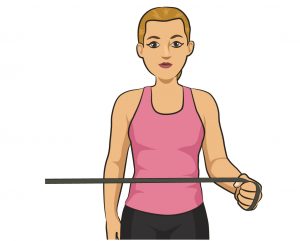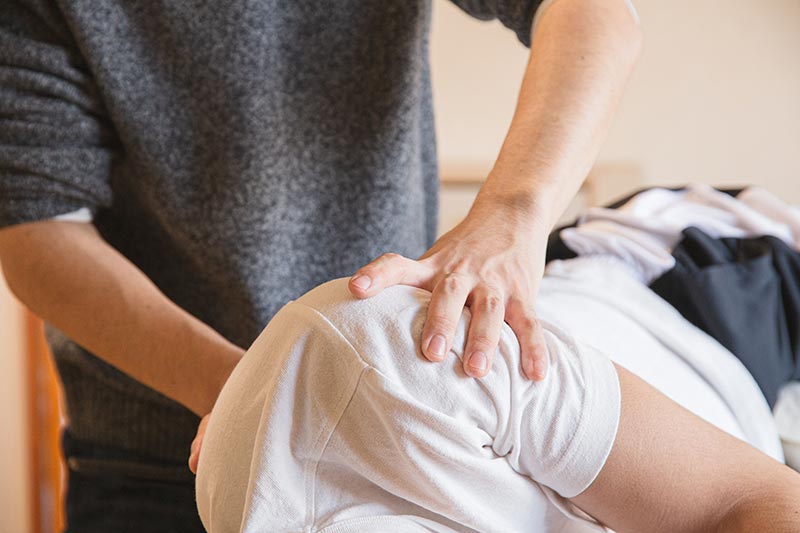Recent research in New Zealand shows that shoulder injuries after falling from bicycles in on the increase. For more information on the research study click here
The two major types of injuries are either because you have been hit by a car (usually from behind), or that you lost control of your bike and fell off (perhaps into a tree). The first type of injury results in multi trauma and can be life threatening or result in head injuries. the second type of accident has a high incidence of upper limb injuries, as you put out your arm to protect yourself.
Shoulder injuries caused by falling from a bike are one of four types.
1.Posterior Shoulder dislocation
- Falling forward and landing on your hand can result in a posterior shoulder dislocation. In an posterior shoulder dislocation, the shoulder moves backwards in the socket and needs to be moved back into place.
2. An ACJ Injury
- An AC joint injury involves disruption of the join between the collar bone and the shoulder blade. Severe cases of these injuries (Grade 4 and above) require surgery. For more information on ACJ injuries, check out our blog here.
3.Anterior Shoulder Dislocation
- The third type of injury that occurs with a bike accident is an anterior shoulder dislocation. This injury occurs because you either fall with your arm arm stretched and the front of your shoulder is effectively ‘levered’ out of its socket. Another mechanism for an anterior shoulder dislocation is that you land on your back of your shoulder and the shoulder is pushed forwards out of its socket. A shoulder brace that might be useful after an anterior shoulder dislocations is the anterior shoulder brace. This brace is particularly useful for people who want to get back riding and still protect their shoulder – particularly downhill or enduro riders
4.Rotator Cuff tear
- The last type of injury that can occur when you fall from you bike is a rotator cuff tear. This can occur in conjunction with a shoulder dislocation (usually in people over the age of 30 years). Small cuff tears can usually be treated by physiotherapy and respond well to treatment. Larger tears (greater than 3cm) may require a surgical opinion. For more information on Rotator Cuff Tears, click here.
If you have fallen from your bike and would like an individualised assessment of your shoulder, call the clinic on 09-3666457, or book online by clicking here.






